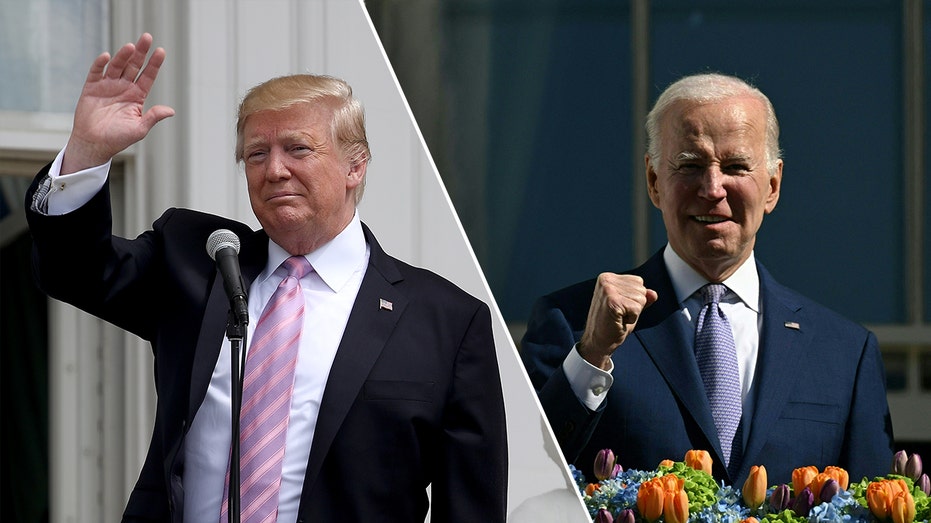A proclamation issued by President Joe Biden in 2024, declaring March 31st as Transgender Day of Visibility, ignited a widespread debate due to its coinciding with Easter Sunday. The proclamation, intended to celebrate and recognize the contributions and rights of transgender individuals, faced backlash from some religious leaders and conservative commentators who viewed the timing as disrespectful to the Christian holiday.
The controversy quickly spread online and in Washington, with accusations of insensitivity and deliberate offense leveled against the Biden administration. Supporters of the proclamation defended it as a necessary step towards inclusivity and equality for transgender people, emphasizing that the date of March 31st had been designated as Transgender Day of Visibility since 2009, predating Biden's presidency.
The incident underscored the complex intersection of LGBTQ+ rights, religious freedom, and political discourse in contemporary American society. The debate highlighted the challenges in balancing the rights and sensitivities of different groups within a diverse population and served as a reminder of the ongoing need for dialogue and understanding on these sensitive issues. While some saw the proclamation as a deliberate affront, others viewed it as an unfortunate coincidence that was seized upon for political gain.
Biden's Trans Day of Visibility Proclamation Sparks Debate

In 2024, President Biden issued a proclamation for Transgender Day of Visibility that coincided with Easter Sunday. This caused significant controversy and discussion among religious groups and political figures. The timing of the proclamation led to accusations of insensitivity towards Christian traditions. The event highlights the ongoing tensions surrounding LGBTQ+ rights and religious freedom in the United States.